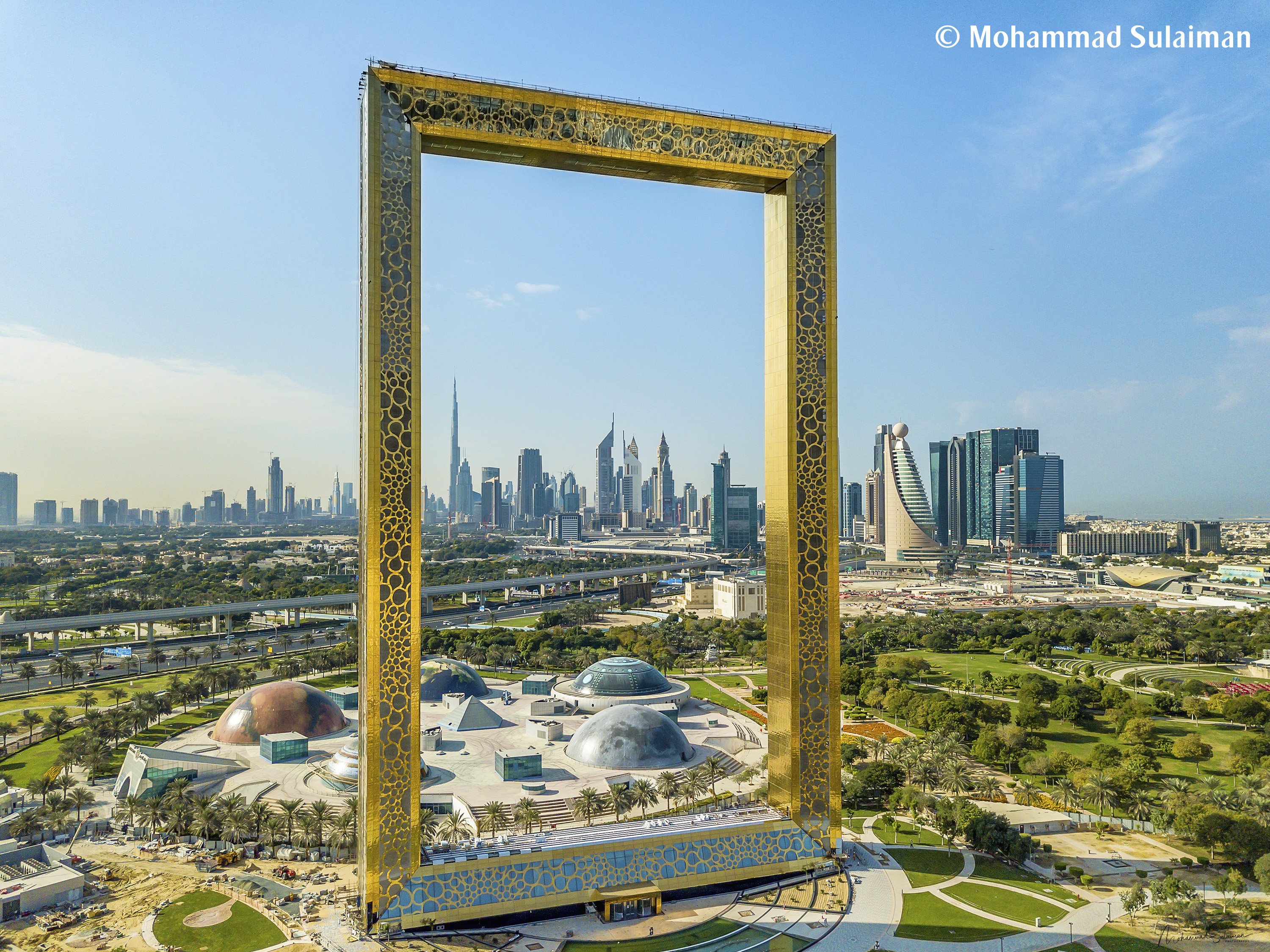DAMAC in Ras Al Khaimah , Damac Shoreline
DAMAC in Ras Al Khaimah , Damac Shoreline

More than ever before, Indians are now eyeing properties in Dubai. Investing in real estate has emerged as the quickest way to get a residency permit in UAE, and since 2017, Indians have ranked amongst the top 3 nationalities investing in property in Dubai.
“In 2019, Indians contributed 16% of the housing sales in Dubai sales by volume – pushing in more than 8 Bn AED into the sector. Since the pandemic, interest in Dubai real estate has only increased – Q1 2020 saw a 15% growth rate in the number of real estate transactions compared to Q1 2019,” says Shajai Jacob, MD & Country Head – ApnaComplex & CEO – GCC, ANAROCK.
The total sales value of Dubai homes for the quarter touched 21 Bn AED, registering a growth of 5% over Q1 2019. A large part of this was driven by Indians.
Indian HNIs have displayed differing predilections when looking for homes in Dubai since the pandemic began. For some, the grandeur and exclusivity they are used to in India is a major factor, and these buyers inevitably gravitate towards Palm Jumeirah, Marina and Downtown.
“Most have shown a preference for the best options that are available. Budget is not a constraint if all the trappings and accoutrements are in place. On the other hand, Investors looking at ROI are going for locations like Jumeirah Village Circle, Jumeirah Lake Towers, Meydan and Dubai Hills Estate. These locations offer very satisfactory returns on investments and the entry price is also very attractive,” informs Jacob.
Another demand variant is in terms of housing typology, and largely involves either apartments or villas. Family structure plays a big role – newly-married couples prefer to stay in apartments while larger families prefer independent villas.
Since the pandemic has reimagined the way offices and school function, the demand for larger-sized homes has increased. Existing homeowners in Dubai are now regularly upgrading from standard 3-bedroom homes to more spacious 3.5BHK offerings which provide added flexibility.
The real estate sector in Dubai contributes heavily to the country’s GDP and is a reliable indicator of the overall economic scenario of the nation. In 2019, real estate contributed 7.2% to Dubai’s GDP. This contribution was 8% during the first quarter of 2020 – the largest contribution ever since Q1 2017.
“Dubai’s real estate market has been on a stellar growth track since January 2021. From the vantage point of June 2021, each of the last few months have been record-breaking with respect to real estate sales. January 2021 saw 3300 property transactions cumulatively valued at 6.94 Bn AED – an increase of 15.5% in volume and 37% in volume from January 2020. March 2021 saw 4643 transactions, which was the highest in 16 months. April saw 4832 transactions, making it the best month for property sales in Dubai since March 2017,” Jacob says.
In many ways, Dubai’s real attraction is the way it is run. The proactiveness of its rulers and the UAE government has ensured that the city remains perpetually interesting for investors.
Buoyed by a rebound in tourism and quick distribution of vaccines, business activity in Dubai is fast approaching pre-pandemic levels. 74% of the eligible population has been successfully vaccinated, and it seems that the goal of 100% vaccination will assuredly be achieved by the end of 2021.
The government has provided considerable impetus by making key changes to company ownership laws and visa laws. Dubai now allows 100% ownership of businesses without the need of a local partner. The Golden Visa program has been a veritable magnet for aspirants of UAE residency.
With these changes, Dubai has once more opened its doors to the world while assuring everyone who lives and works there of health and safety.
Dubai offers rental yields of 6-10% – unheard of even in many mature markets. 1 million USD can buy significantly more real estate space in Dubai than in most other cosmopolitan cities like Mumbai, Shanghai, London, Singapore, and Monaco.
Also, the Dubai real estate market is highly regulated. Investors are protected by, and the developers are accountable to, a strictly implemented Real Estate regulation Authority. This is currently a far more transparent and compliance-oriented market than any of its Indian counterparts, giving considerable comfort to real estate investors.
With supply being highly regulated since the pandemic, the increase in demand will keep property prices on the upward trajectory for the foreseeable future.
“For Indians, Dubai always has been the dream destination. The quality of life in this world-class city is comparable to that of any of its top global counterparts. It lies a mere 3.5 hours’ flight from Mumbai, making travel to and from Dubai extremely convenient,” says Jacob.
Because of this, many Indians have been looking at Dubai as their second home. The similarities of cultures and cuisines add to the overall attractiveness. For Indians, Dubai offers an unmatched global lifestyle – literally at India’s doorstep.